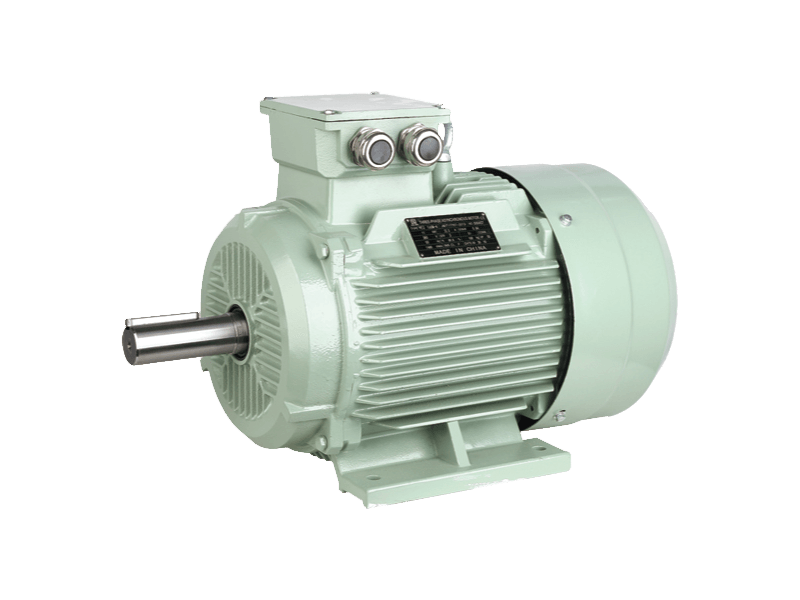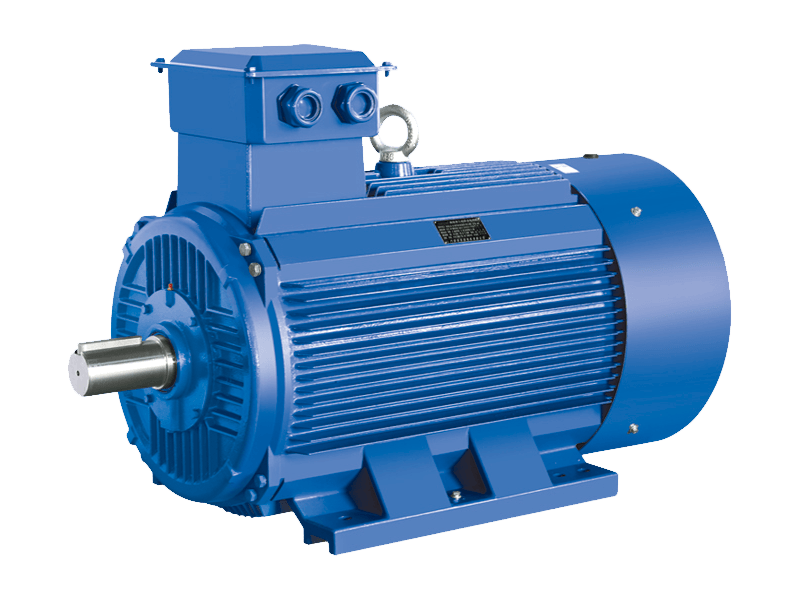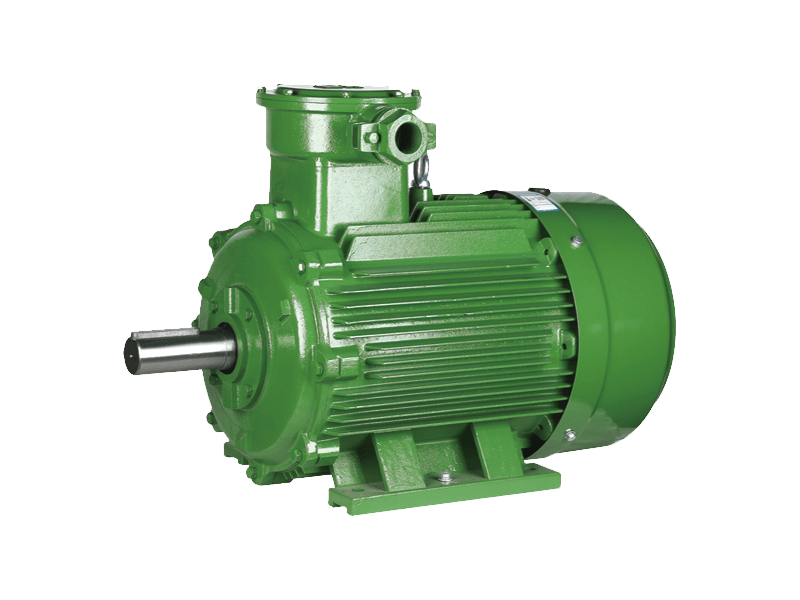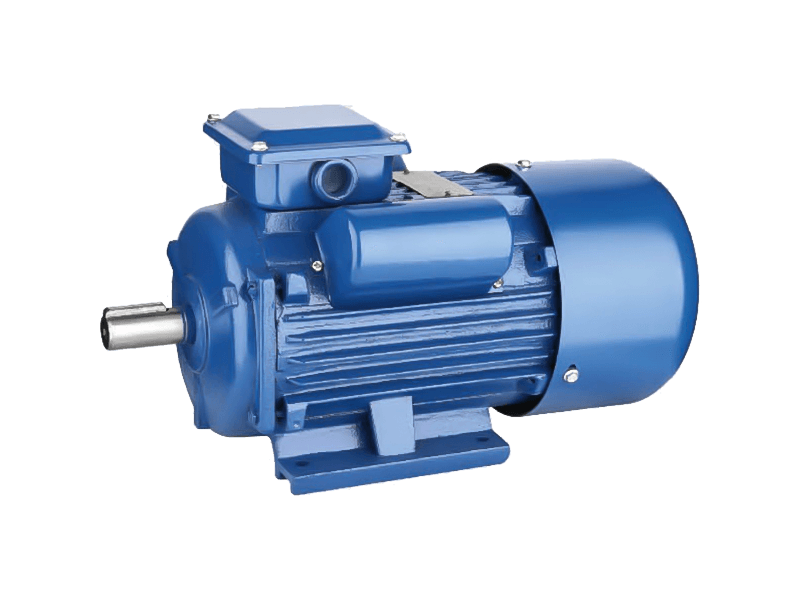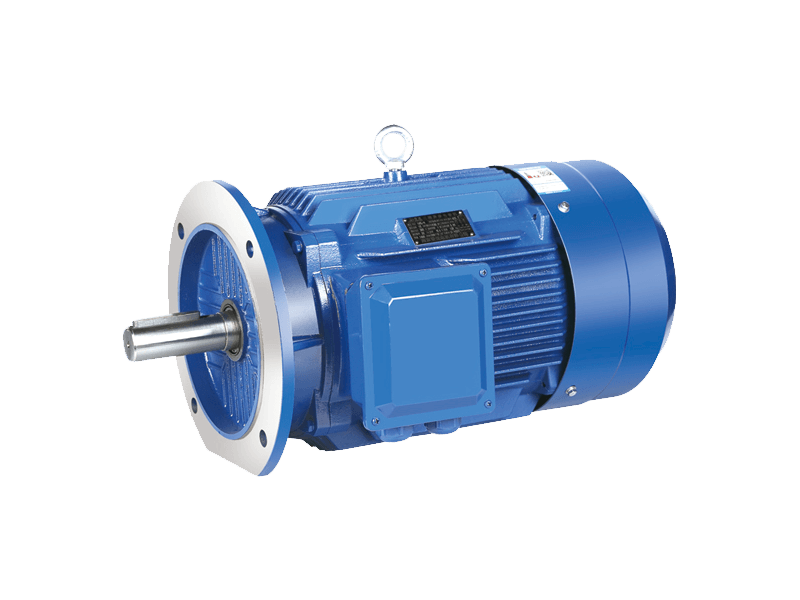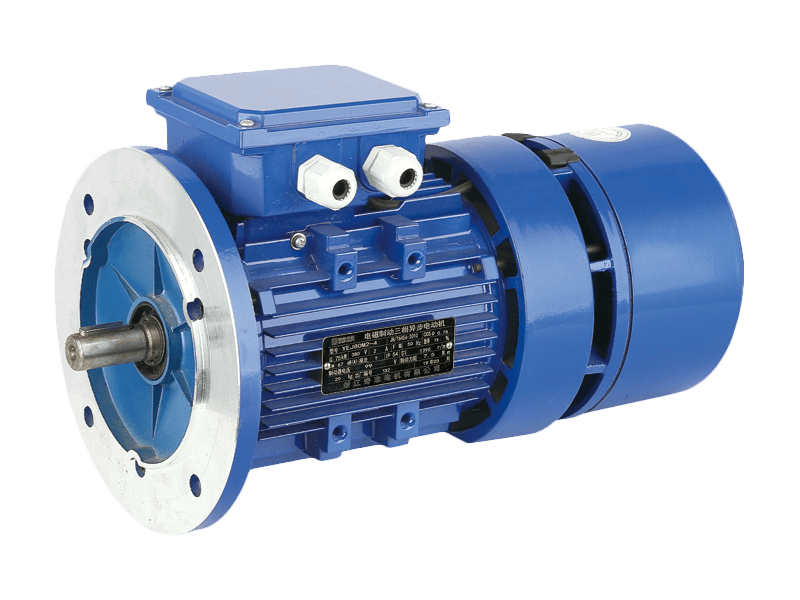The global industrial landscape continues to witness significant developments in electric motor technology, with innovations emerging across multiple sectors. These sophisticated devices convert electrical energy into mechanical power through electromagnetic interactions, serving as fundamental components in countless applications. The modern electric motor represents decades of refinement in design, materials, and control systems. Manufacturers and engineers consistently work to enhance electric motor performance characteristics including efficiency, reliability, and power density. The ongoing evolution of electric motor technology reflects broader trends toward electrification and energy efficiency in industrial and consumer applications.
Design improvements in electric motor systems focus on several key performance parameters. The core architecture of an electric motor typically involves carefully engineered magnetic circuits and winding configurations that optimize torque production while small losses. Thermal management represents another critical aspect of electric motor design, with advanced cooling systems enabling higher power densities and extended operational lifespans. The materials selection for electric motor construction continues to evolve, with new magnetic materials and electrical steels contributing to enhanced performance. These design considerations collectively determine the operational characteristics and application suitability of a particular electric motor.
The manufacturing processes for electric motor production incorporate both established techniques and emerging technologies. Precision machining ensures the dimensional accuracy necessary for ideal electric motor performance and efficiency. Automated winding equipment produces the complex coil arrangements required for effective electromagnetic operation in an electric motor. Quality control procedures throughout electric motor assembly verify critical parameters including electrical insulation integrity, magnetic circuit performance, and mechanical balance. These manufacturing protocols help maintain consistent quality across electric motor production batches while meeting specified performance standards.
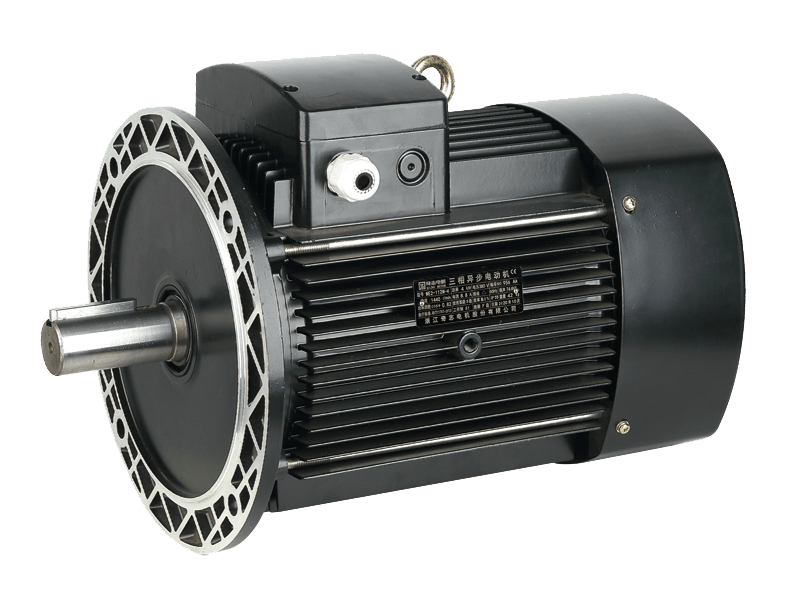
Application diversity represents a notable characteristic of modern electric motor technology. Industrial machinery extensively utilizes electric motor systems to drive pumps, compressors, conveyors, and various processing equipment. The automotive sector increasingly employs specialized electric motor designs in propulsion systems for hybrid and electric vehicles. Consumer products incorporate miniature electric motor components in appliances, power tools, and electronic devices. This broad applicability demonstrates the fundamental importance of electric motor technology across virtually all sectors of the modern economy.
Energy efficiency considerations continue to influence electric motor development and selection criteria. International efficiency classifications provide standardized metrics for comparing electric motor performance across different manufacturers and models. Loss reduction techniques in electric motor design focus on small electrical, magnetic, and mechanical energy dissipation during operation. The compatibility of electric motor systems with variable speed drives enables additional energy savings through optimized speed control. These efficiency aspects make the modern electric motor increasingly attractive in applications where operating costs and environmental impact represent significant concerns.
Future development pathways for electric motor technology appear likely to build upon current trends and emerging innovations. Research initiatives explore advanced materials that could further improve electric motor performance and reduce dependence on uncommon-earth elements. Integration of smart sensor technology and connectivity features may enable new capabilities in electric motor monitoring and control. The continuing emphasis on sustainability will probably influence electric motor design toward greater recyclability and reduced environmental impact. As electrification expands across additional sectors, electric motor technology will continue evolving to meet new application requirements while maintaining its fundamental role as a cornerstone of modern industrial and consumer systems.

